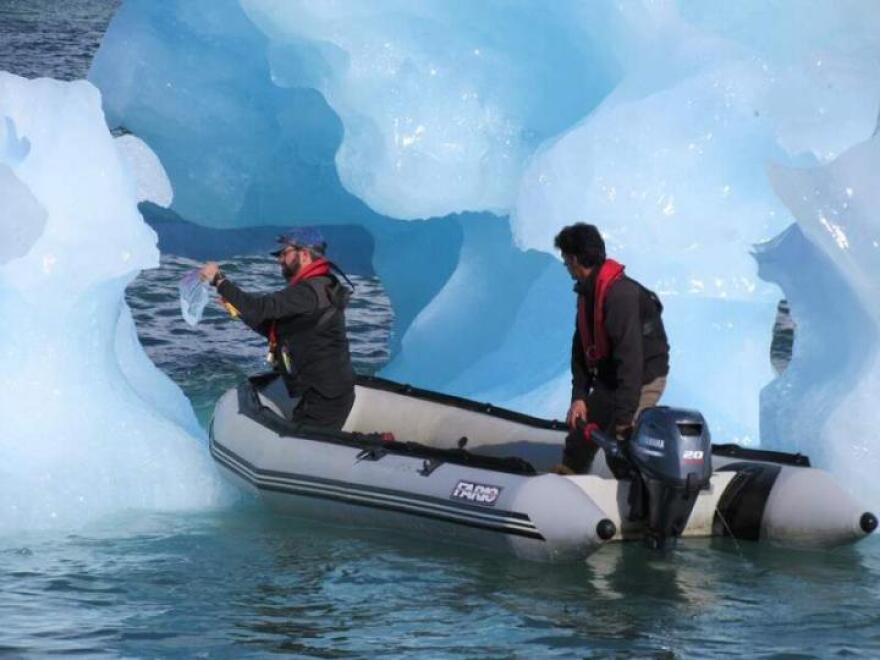Antarctica is half a world away from Delaware. But the way its ice melts due to climate change will affect how much sea levels rise all over the world, including the east coast of the U.S.
One University of Delaware researcher is trying to better understand how this melting happens. He sets off to Antarctica next January to do just that.
In this week’s Enlighten Me, Delaware Public Media’s Sophia Schmidt talks with coastal physical oceanographer and UD assistant professor Carlos Moffat about his plans for the five-year research and education grant he received from the National Science Foundation.
Melting ice in Antarctica raises sea levels around the world — including on the coast of low-lying Delaware. But how that ice is melting isn’t well understood, Moffat says.
Moffat will use his five-year National Science Foundation Early Faculty Career Development Award to try to illuminate these processes.
“Understanding those processes is kind of key to improve our projections of sea level rise,” he said.
The main focus of Moffat’s research will be the interaction between glaciers and the ocean.
“The ocean plays a key role in the melting process,” he said. “You can picture this as the big masses of ice over Antarctica and Greenland, kind of dipping their toes in the ocean.”
Moffat will also examine how the meltwater changes ocean circulation and ecosystems.
The grant also includes an education component. Moffat will work with 8th through 12th-grade teachers in Delaware to develop grade-appropriate climate science lessons.




